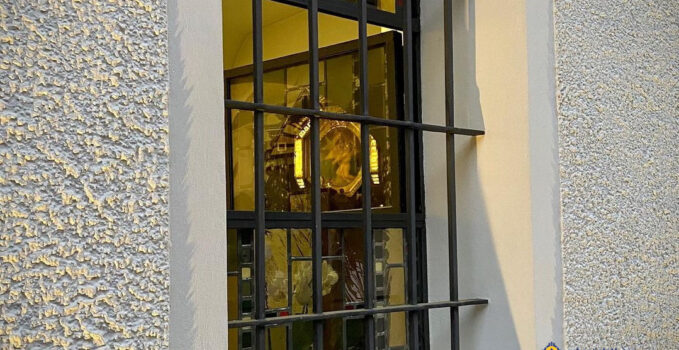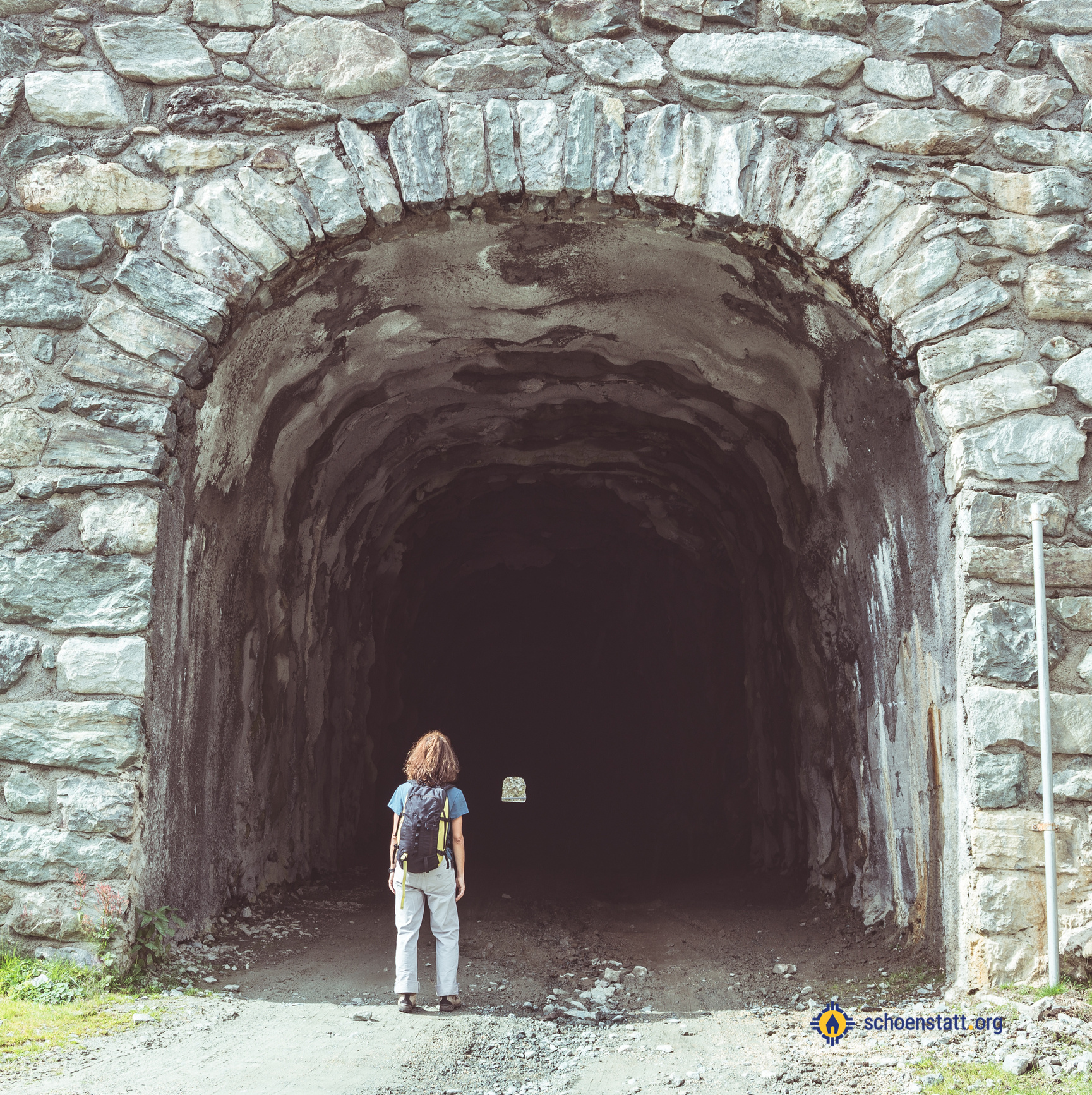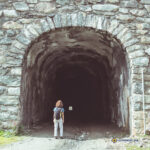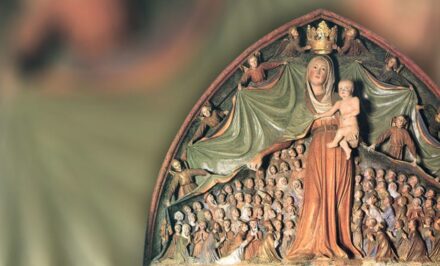BRAZIL, Luciana Rosas •
Following the reaction to the article Abuses in Schoenstatt: a topic to be discussed Abuses in Schoenstatt: a topic for discussion, I realized that it is very important to give continuity to the topic and the debate, creating more knowledge, awareness, and empathy. In this second article Are we prepared to receive allegations of abuse in Schoenstatt? which is part of a three-part series, we examine some of the difficulties that victims of abuse encountered in denouncing experiences in Schoenstatt and how the structure of the Schoenstatt Movement can contribute to this. The goal is that with a better understanding of the issue, we can develop greater empathy and support for the victims and work more objectively, as the Schoenstatt Family, to fight the various kinds of abuse that happen in our Movement, because abuses do occur. —
Are we prepared to receive allegations of abuse in Schoenstatt?
Difficulty in denouncing the abuse
An important issue to be discussed here is the difficulty that victims of spiritual abuse have in denouncing the abusive situations that they have suffered. Before speaking out, they find it very difficult to find someone who is prepared to listen and guide them on how to proceed.
Here, once again, I make a point of sharing some of what I experienced and the difficulty in getting my complaint to move along. At this point I recognized a structural issue in the Schoenstatt Family: We are federal. That is nothing new. Or is it? Do we know what it means to say that we are federal?
Federalism means that each of the communities is completely autonomous and independent. It is also important to clarify that the General Presidium does not play an executive role in the Schoenstatt Family. It is a meeting of the superiors of the various communities and each of them is completely autonomous. Therefore, there is no such thing as an “executive head.” This clarification is also important as we accompany the postures that have been adopted around the Kentenich crisis, which is directly linked to the community of the Schoenstatt Institute of the Sisters of Mary.
The first great difficulty when there is very little awareness about the abuse suffered is: And now, who do I seek out? Who do I talk to? Very often the victim does not seek out the right place where the abuse happened (due to a justified lack of trust). By looking for another place where they believe that they will be listened to and guided, the following can happen:
- Not find someone who can listen to them;
- The person they sought out can simply say: This issue does not involve my community; it is an issue for the other side of the “fence”;
- I will pray for you.
Do any of these positions give the possible victim anything concrete? The answer is no. And this position is largely justified because of Schoenstatt’s federal structure. But does being autonomous exempt us completely from the co-responsibility of belonging to the same “family?” I still haven’t received a formal answer about this, but I strongly believe that it does not.
It was precisely the lack of clarity about the procedures to be followed when I became aware of the abuse suffered that led me to travel abroad, including traveling to Schoenstatt. But how many people can do this?
Once again, I would like to quote part of an interview by Barbara Haslbeck in the launch of her book “Erzählen als Widerstand” (Available only in German, loosely translated as: “Narration as a form of resistance”) which deals precisely with the difficulty of denouncing abuse:
“Women who want to speak about the abuse often need to make several attempts. For example, because the other person is not listening to her, because the other person does not even want to hear what is being said. The victims do not find anyone who feels responsible for this. One of the chapters of our book is precisely the phrase: “We are not responsible for this”. There are contacts in the Church for child abuse, but not for the abuse of adults. It is also difficult, under canon law, even to register spiritual abuse against adult women. Many victims are left by the wayside.” (Translation from the Spanish)
Still on this point and to emphasize how difficult it is to find guidance on this issue, I personally sought out a commission that specializes in collecting complaints of abuse in a specific Schoenstatt community. I received an email response from the person responsible for the said commission, and following several questions, was to come back to me with information about the process to denounce the abuse:
Question: What is the agreement under Canon Law for cases of abuse of power and manipulation of conscience?
In response, the person responsible for this commission told me that they were in contact with canon lawyers to find out more about it because, during a previous consultation with a lawyer, we had been warned that there was no clarity on this issue in the agreement (according to Canon Law). I was told that there had been a consultation with another person who would give me the clearest answer possible.
Clear, but not obvious: This answer never came.
Are the recourses clearly defined and available?
The previous point would not have been necessary if the entities responsible for receiving and dealing the complaints of abuse in Schoenstatt were clearly defined and available. I leave the respective authorities with the following questions:
- In Brazil, in the communities of the Secular Institutes, are there established protocols for the conduct of its members and the constitution of a clear and impartial entity so that members denounce abuse?
- In the case of the former members of communities, are there established and impartial entities so that complaints can be made?
- For the members of the various Leagues of the Schoenstatt Movement: are there established protocols and entities that are clearly shared for making complaints?
The questions seek to offer information and promote reflection. Even though I had participated directly in the Schoenstatt Movement for many years, I never heard anything in this regard. Therefore, it would be a great contribution for those responsible for the communities and for the leaders of the Leagues in the Schoenstatt Movement to provide information for the clarification of these questions.
Professionalism in the Family
A trend that I have observed for some time and many Schoenstatters have shared the same impression is that in Schoenstatt, the family environment is often used to do away with the need for professionalism in dealing with issues that should be handled by experts.
Taking as an example the most recent official texts published about the Kentenich crisis, in which we are presented for the first time to the Commission of Resources, responsible for the drafting and publication of these texts, I find it very strange that there is not even a psychologist or a professional expert looking at the issue, nor is there a specialist in crisis communications, for example.
Why does this happen? Does the Schoenstatt Family not have professional experts? Would it really be necessary for the specialist to be a Schoenstatter to handle a factual and objective issue?
A possible answer to this question is that we are a “family,” and we “trust” one another. We resolve our issues at home, among “ourselves.” And of course, always with the presence and/or supervision of some authority belonging to an Institute, even though they do not have any training in the relevant field. It is this “family” feeling in Schoenstatt that puts us in a bad light in the eyes of the world, that treats possible victims of abuse with a coldness and lack of empathy that is shocking, that creates certain issues such as “family secret” (a perfect concept to hide abusive situations) and that I, as a victim, vehemently condemn.
An abuse claim should never be treated as a matter of trust or distrust by the person who is responsible for the investigation. A claim should be handled by an expert in the field, a specialist who has the knowledge and experience to do so, and not by means of a homegrown, “family” solution. It is an objective issue and the use of subjectivity in cases such as these can also lead to manipulative situations and great exhaustion for the victims.
Schoenstatt still has a long way to go in handling issues with the required professionalism. Professionalism does not exclude a family spirit, but so far, the “family” has excluded the critical professional from issues that demand it.
Fact vs Faith: We should not treat objective issues subjectively
One of the fallacies in handling situations of spiritual abuse in Schoenstatt (and here, I’m referring to Schoenstatt because this is the community and the charism in which I have lived most of my life) is to treat an objective situation as if it were a matter of faith or vocation.
I quote some of the expressions I heard — more than once — from members of the Schoenstatt Family:
- “You do not have a vocation for Schoenstatt.”
- “You probably did not have a vocation for this community.”
- “You did not accept God’s formation by means of correction and so you rebelled.”
- “You must hand everything over to the Capital of Grace. Forget, forgive, hand it over and carry on with your life.
It is clear there that more than once that the victim was to blame for abuse in the allegation of a lack of vocation to the (overarching) charism or the community (restricted) and a poor understanding of God’s plans. In addition to the complete responsibility for the victim to “hand it over” and not seek justice.
Abuse is not a matter of vocation, much less of faith. Let us not judge. Let us not point fingers. May we truly live the message of Christ through the Schoenstatt charism: nobody knows what is happening in the heart of another person and most of the time, we have absolutely no idea about their story and the seriousness of the abuse suffered.
Let us treat what objective with objectivity. Subjectivity can also be one of the main characteristics of an abusive system as we will explore in the next article.
Next week, in the third and last article in this series, we will continue to discuss the issue with the article: Understanding more about Spiritual Abuse
Original: Portuguese, 14.01.2021. Translation: Sarah-Leah Pimentel, Cape Town, South Africa
In case you missed it:
Abuse in Schoenstatt: Let us continue discussing this issue (1)
















